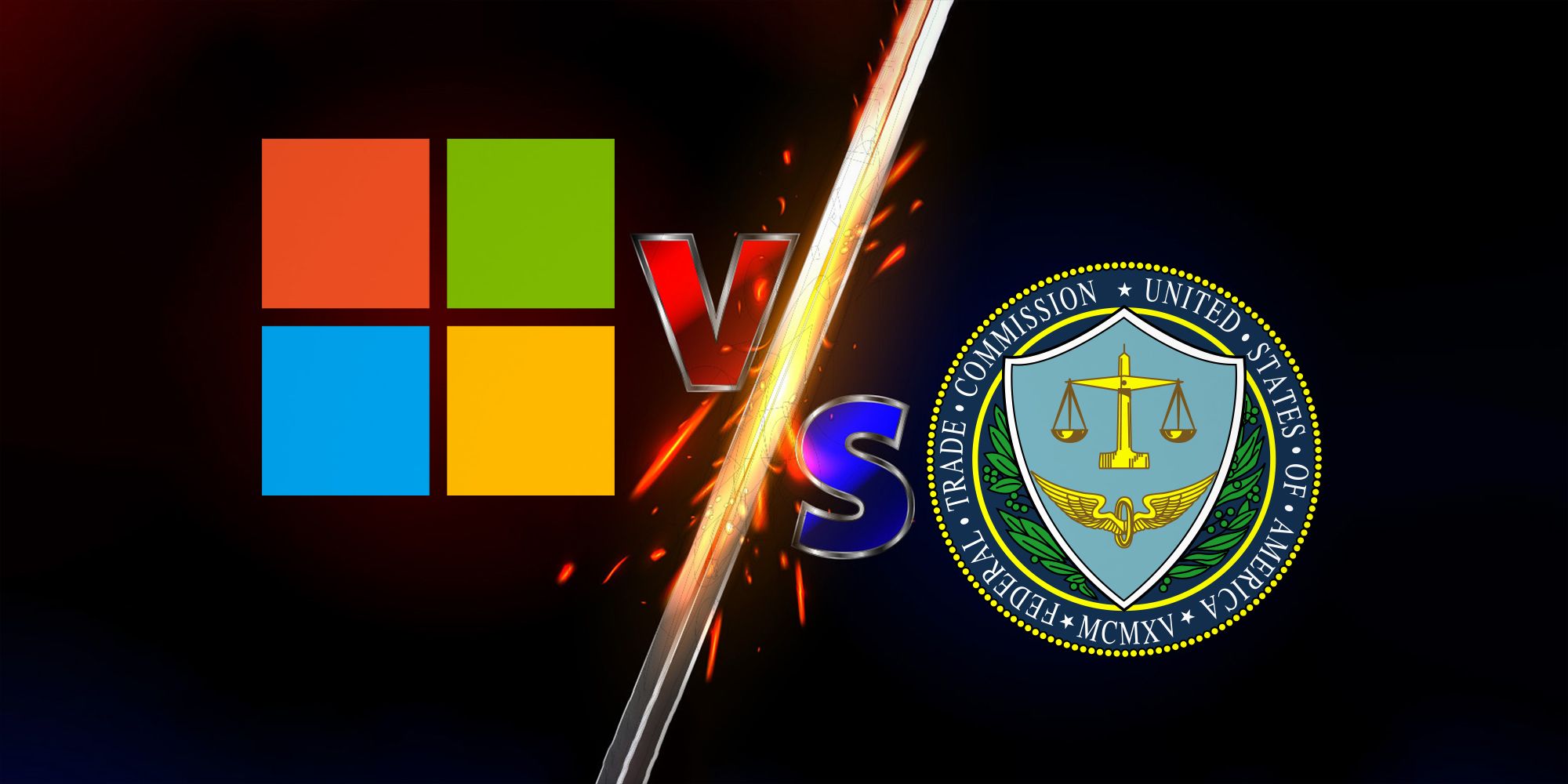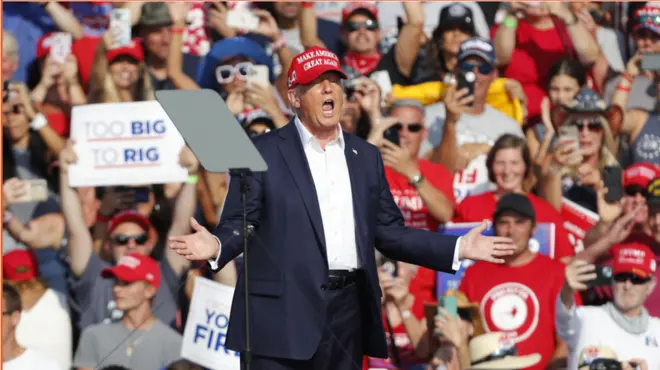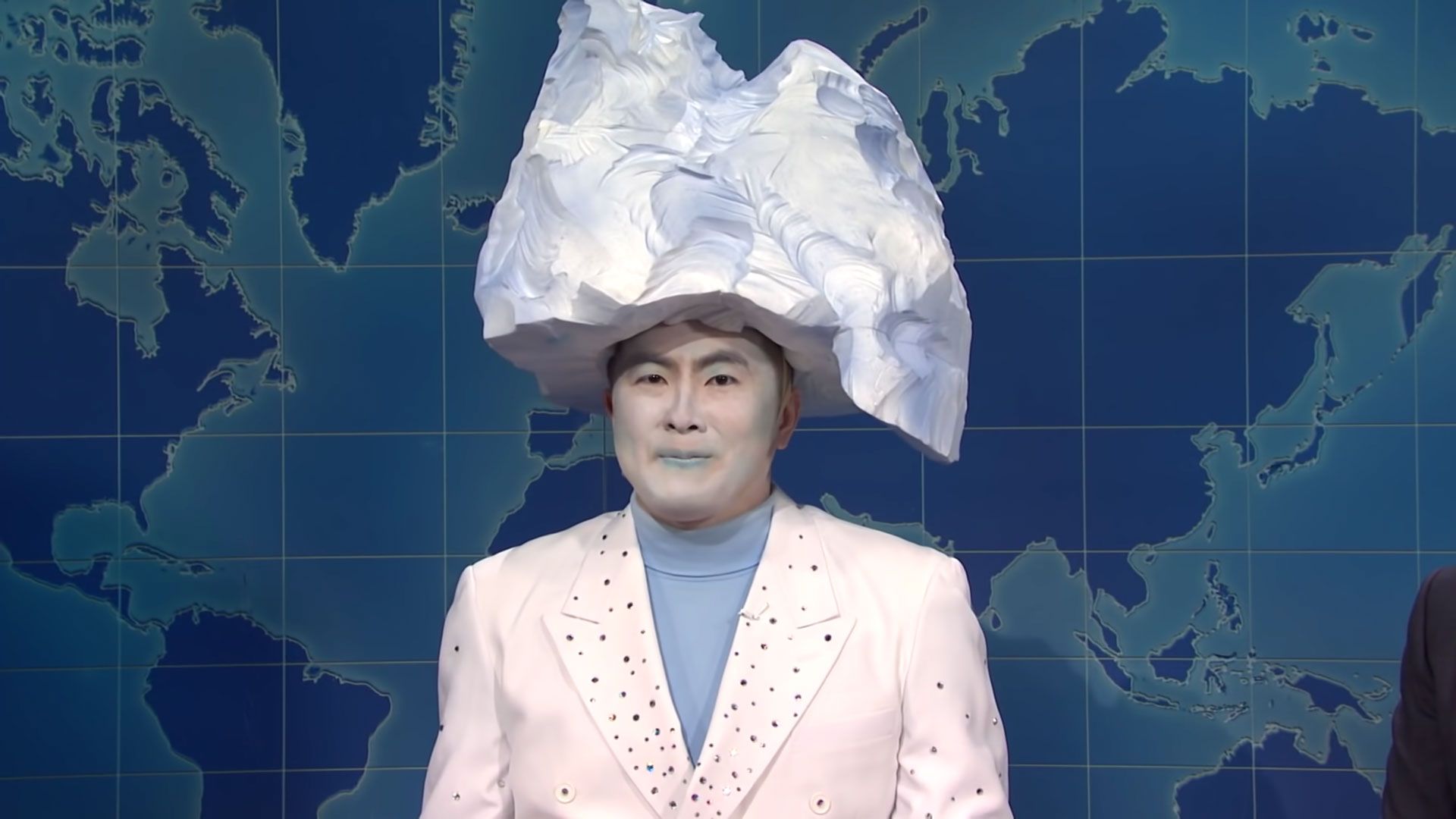Activision Blizzard Acquisition: FTC's Appeal Explained

Table of Contents
The FTC's Initial Concerns Regarding the Activision Blizzard Acquisition
The Federal Trade Commission (FTC) initially expressed serious concerns about the Microsoft-Activision Blizzard acquisition, primarily focusing on potential anti-competitive practices that could harm consumers. Their worries centered around the potential for Microsoft to leverage its control over Activision Blizzard's vast portfolio of games to stifle competition and limit consumer choice.
-
Reduced competition in the console gaming market: The FTC argued that the acquisition would give Microsoft an unfair advantage over its competitors, particularly Sony, by granting them exclusive access to popular titles. This could lead to a less competitive market overall.
-
Loss of innovation due to stifled competition: A less competitive market can lead to decreased innovation. Without the pressure of competition, Microsoft might have less incentive to innovate and improve its gaming offerings.
-
Potential harm to consumers through higher prices or fewer choices: The FTC argued that the lack of competition could result in higher prices for consumers or a reduction in the variety of games available. This could particularly impact players who rely on specific platforms or titles.
-
Focus on Call of Duty exclusivity as a key concern: The FTC highlighted the immense popularity of Call of Duty as a central concern. Making Call of Duty exclusive to Xbox, or offering it on other platforms with significant limitations, could significantly harm competitors and limit consumer choice. Other key Activision Blizzard franchises like World of Warcraft, Candy Crush, and Overwatch also factored into the FTC's concerns regarding potential market dominance.
The FTC's Arguments in their Appeal Against the Merger
The FTC's appeal rests on its assertion that the Microsoft-Activision Blizzard merger violates antitrust laws. Their legal arguments are built upon several key pillars:
-
Violation of antitrust laws: The FTC claims the merger would substantially lessen competition in the video game market, violating established antitrust laws designed to protect fair competition.
-
Evidence presented by the FTC: The FTC presented substantial evidence, including internal Microsoft documents and extensive market analysis, to support their claims of anti-competitive behavior. This evidence aimed to demonstrate Microsoft's intent to leverage the acquisition to gain an unfair advantage.
-
Proposed remedies (if any): While the FTC initially attempted to block the merger outright, the specifics of any proposed remedies to prevent the acquisition would likely be part of ongoing discussions, if the case were not to proceed directly to a full trial.
-
Legal precedents cited by the FTC: The FTC likely cited previous antitrust cases and legal precedents to strengthen their arguments and justify their actions.
Microsoft's Defense Against the FTC's Activision Blizzard Acquisition Appeal
Microsoft has vigorously defended the acquisition, arguing that it will ultimately benefit consumers. Their counter-arguments center around several points:
-
Benefits to consumers: Microsoft claims that the merger will lead to increased innovation, more game choices, and potentially lower prices for consumers due to increased efficiency and economies of scale.
-
Arguments against the FTC's interpretation of antitrust laws: Microsoft contests the FTC's interpretation of antitrust laws, arguing that the merger does not create a monopoly and will not significantly harm competition.
-
Concessions offered by Microsoft: To address some of the FTC's concerns, Microsoft has offered several concessions, including long-term agreements to keep Call of Duty available on other platforms. The specifics of these concessions are subject to ongoing negotiation and legal maneuvering.
-
Potential impact on the gaming industry if the merger is blocked: Microsoft argues that blocking the merger would negatively impact innovation and competition in the gaming industry, harming consumers and stifling potential growth.
The Potential Outcomes of the FTC's Appeal and their Implications
The FTC's appeal could have several outcomes, each with significant implications:
-
Scenario 1: The FTC wins the appeal and the merger is blocked. This would be a major victory for the FTC and could set a significant precedent for future gaming mergers and acquisitions. It could also lead to increased regulatory scrutiny of large mergers in the tech industry.
-
Scenario 2: Microsoft wins the appeal and the merger proceeds. This would allow Microsoft to complete the acquisition, potentially reshaping the gaming landscape significantly. However, it could also fuel further concerns about monopolies and anti-competitive practices.
-
Scenario 3: A negotiated settlement is reached. A settlement could involve Microsoft making further concessions, such as extending agreements to keep Call of Duty on other platforms for a longer period or offering other remedies to address the FTC’s concerns.
-
Implications for the gaming market: Regardless of the outcome, the Activision Blizzard acquisition will undoubtedly affect the gaming market, influencing pricing, innovation, and game availability. Competitors will need to adapt to the shifting dynamics, while consumers will likely see changes in game access and pricing.
-
Impact on Microsoft's gaming strategy: The outcome significantly impacts Microsoft's gaming strategy and its position in the market. A successful acquisition strengthens their position, while a blocked merger forces them to adapt their long-term plans.
Conclusion: The Future of the Activision Blizzard Acquisition
The FTC's appeal against the Microsoft-Activision Blizzard acquisition represents a crucial juncture for the gaming industry. Both the FTC and Microsoft have presented compelling arguments, highlighting the complex interplay between antitrust laws, market competition, and consumer welfare. The various potential outcomes – a successful FTC appeal, a Microsoft victory, or a negotiated settlement – each carry significant implications for the future of gaming, influencing pricing, innovation, and the competitive landscape.
Stay informed about the developments in this landmark case by following our updates on the Activision Blizzard acquisition. Keep checking back for more information about the FTC's appeal and its impact on the gaming industry. This ongoing legal battle will continue to shape the future of gaming mergers and acquisitions.

Featured Posts
-
 Kanada Osudila Trampa Nazvav Ego Zlobnym Samovlyublennym Sliznyakom
Apr 30, 2025
Kanada Osudila Trampa Nazvav Ego Zlobnym Samovlyublennym Sliznyakom
Apr 30, 2025 -
 Duolingos Future Ai And The Downsizing Of Contract Roles
Apr 30, 2025
Duolingos Future Ai And The Downsizing Of Contract Roles
Apr 30, 2025 -
 Coalition Deal Imminent German Parties To Reach Agreement Around Midday
Apr 30, 2025
Coalition Deal Imminent German Parties To Reach Agreement Around Midday
Apr 30, 2025 -
 J D Vances Snl Role Bowen Yangs Concerns
Apr 30, 2025
J D Vances Snl Role Bowen Yangs Concerns
Apr 30, 2025 -
 The Trump Presidency Examining His Initial Congressional Speech
Apr 30, 2025
The Trump Presidency Examining His Initial Congressional Speech
Apr 30, 2025
